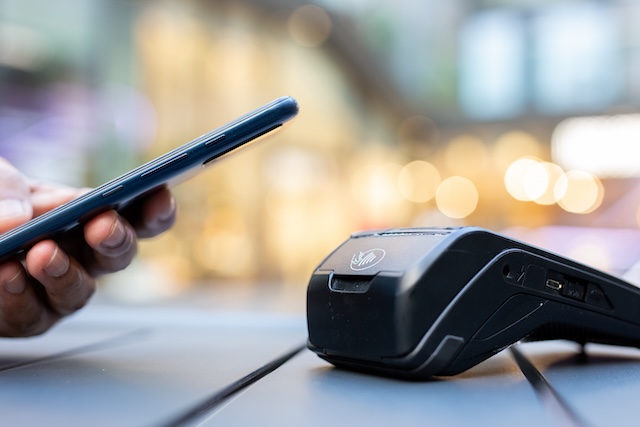Several companies make the process possible, of which WorldPay (owned by the Royal Bank of Scotland) and PayPal (a division of eBay) are the two best-known examples.
Each operates a slightly different model. WorldPay, for instance, provides a fully integrated solution. ‘Basically, you need two things to accept payment online,’ explains spokesman Simon Fletcher. ‘The first is the transaction system for dealing with the card details. The second is an internet merchant account, which then facilitates the trading technology. We provide both.’
Businesses can either take both parts of this system from WorldPay or set up the internet account with their own bank and then plug the trading system into this. ‘Most of the smaller online retailers tend to like everything in same pot,’ notes Fletcher. ‘Although those taking both services from us pay more because, by providing an account to them, we are taking on a degree of financial risk ourselves.’
The advantage of this model is that consumers do not need a direct relationship with WorldPay in order to buy or sell online, as the system is purely ‘back-office-based’. PayPal, by way of contrast, has historically operated a very different model.
‘Generally speaking, the buyer has to have an account with us in order to use PayPal,’ says the group’s David Walsh. To some this may seem rather prohibitive but, as Walsh goes on to note, ‘we have ten million user accounts in the UK, which is half of the online transacting community.’ For those concerned by limiting themselves to a system through which only registered PayPal customers can trade, Walsh states that ‘we do have a new option that appears, to the customer at least, as if they are paying directly on a card without the need for an individual account.’
So how much does it cost?
Needless to say, the costs vary from provider-to-provider. WorldPay, for example, would charge a small e-tailer requiring both the trading platform and the internet merchant account around £200 for the initial set-up, with a further monthly fee of around £30 levied thereafter. In addition to this, WorldPay also charges ‘50p per transaction for UK debit cards and 4.5 per cent on the value of all other transactions including those made via credit and charge cards.’
PayPal’s model focuses on the trading technology alone, so it does not demand any set-up or monthly fees. Instead, indicates Walsh, ‘we only charge a fee on transaction. Depending on volumes, this is either 1.9 per cent + 20p or 3.4 per cent + 20p. All traders can then apply for our lowest fee after one month.’
With both WorldPay and PayPal, the charges made by credit card firms are included in these totals. ‘We enable companies to have just one contract with us rather than separate relationships with Visa, MasterCard, etc,’ WorldPay’s Fletcher explains.
Security & set-up
‘When someone sets up with us we visit their site to check security and make sure everything is ok for us to plug into. We also provide a ready-made hosted solution if people need it,’ Fletcher continues.
Much the same can be said of PayPal. The group’s business accounts offer a range of services and tools (including checkout functions) and Walsh reckons that ‘once you set up an account with us you can trade more or less instantly. We do run our own fraud/risk models to check whether or not a site is legitimate though, so while basic services are available to businesses immediately, it may take a few days to run the appropriate tests to clear larger transactions.’
See also: Curing shopping basket abandonment – a golden opportunity for online retailers






